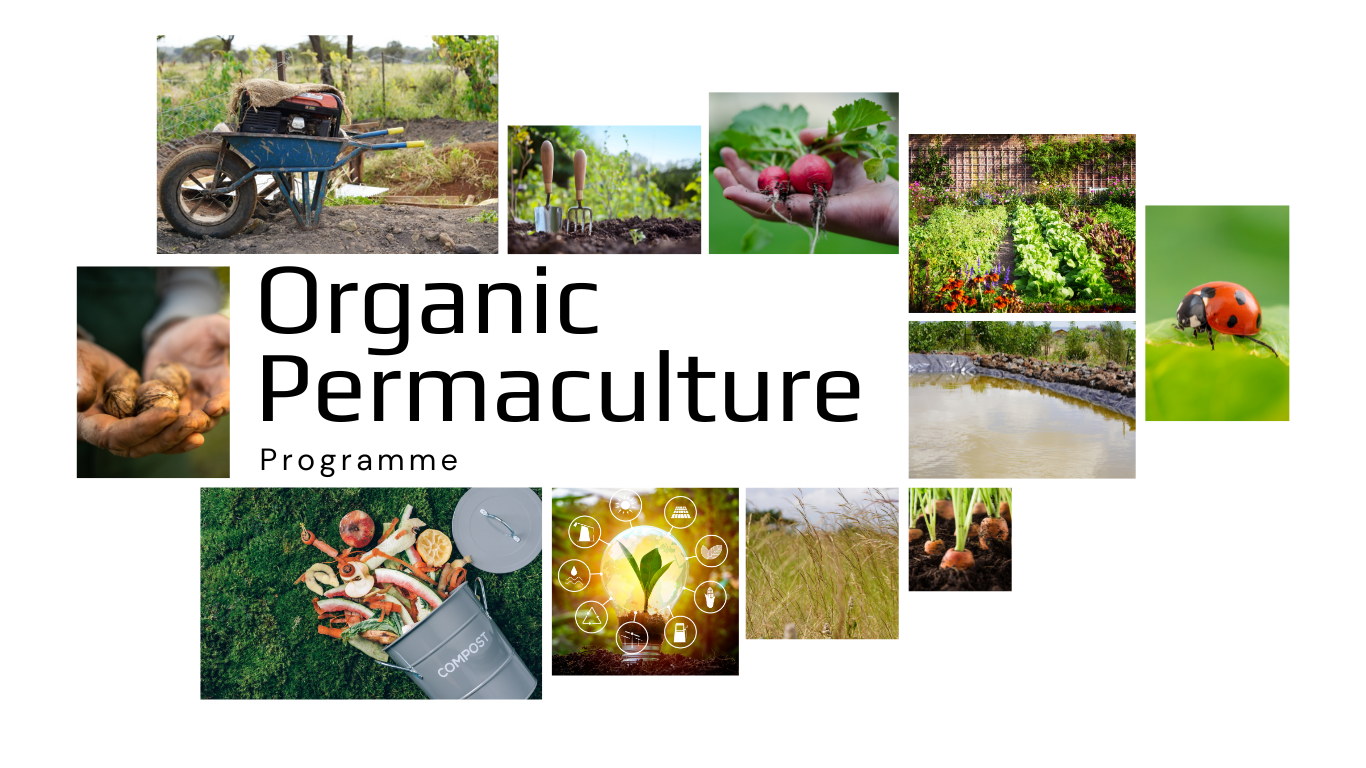
About Programme
Overview
Ambokili Farm’s Organic Permaculture Programme aims to build upon its existing mission of environmental sustainability and community development. This program will focus on utilising permaculture principles to create diverse, self-sufficient ecosystems on semi-arid land, benefiting both planet and people.
Definition
Organic Permaculture is a holistic approach to sustainable living and agriculture that seeks to mimic natural ecosystems while providing for human needs. It is a combination of “permanent” and “agriculture” or “culture”, emphasising the long-term sustainability and integration of human activities with the natural environment.
It encompasses food production, land management, housing, and community building. It’s a way of designing and living in harmony with the planet. It seeks to fuse people and planet.
Key Aspects of Organic Permaculture
Organic practices: There’s no use of synthetic fertilisers, pesticides, and herbicides. Instead, organic permaculture focuses on building healthy soil through practices like composting, using natural pest control methods, and crop rotation.
Sustainable practices: Organic permaculture aims to create self-sustaining systems that mimic natural ecosystems. This involves practices like water harvesting, using renewable energy sources, and integrating different plant and animal species for mutual benefit.
Why We adopt the culture of Organic Permaculture
Permaculture is built upon a set of ethics that guide decision-making. Ethics in lign with our values. These ethics encourage practices that:
Care for the Earth: This involves protecting the environment and its resources for future generations.
Care for People: This means creating systems that meet human needs for food, shelter, and community in a sustainable way.
Fair Share: This principle encourages equitable distribution of resources and discourages exploitation of people or the environment.
Projects:
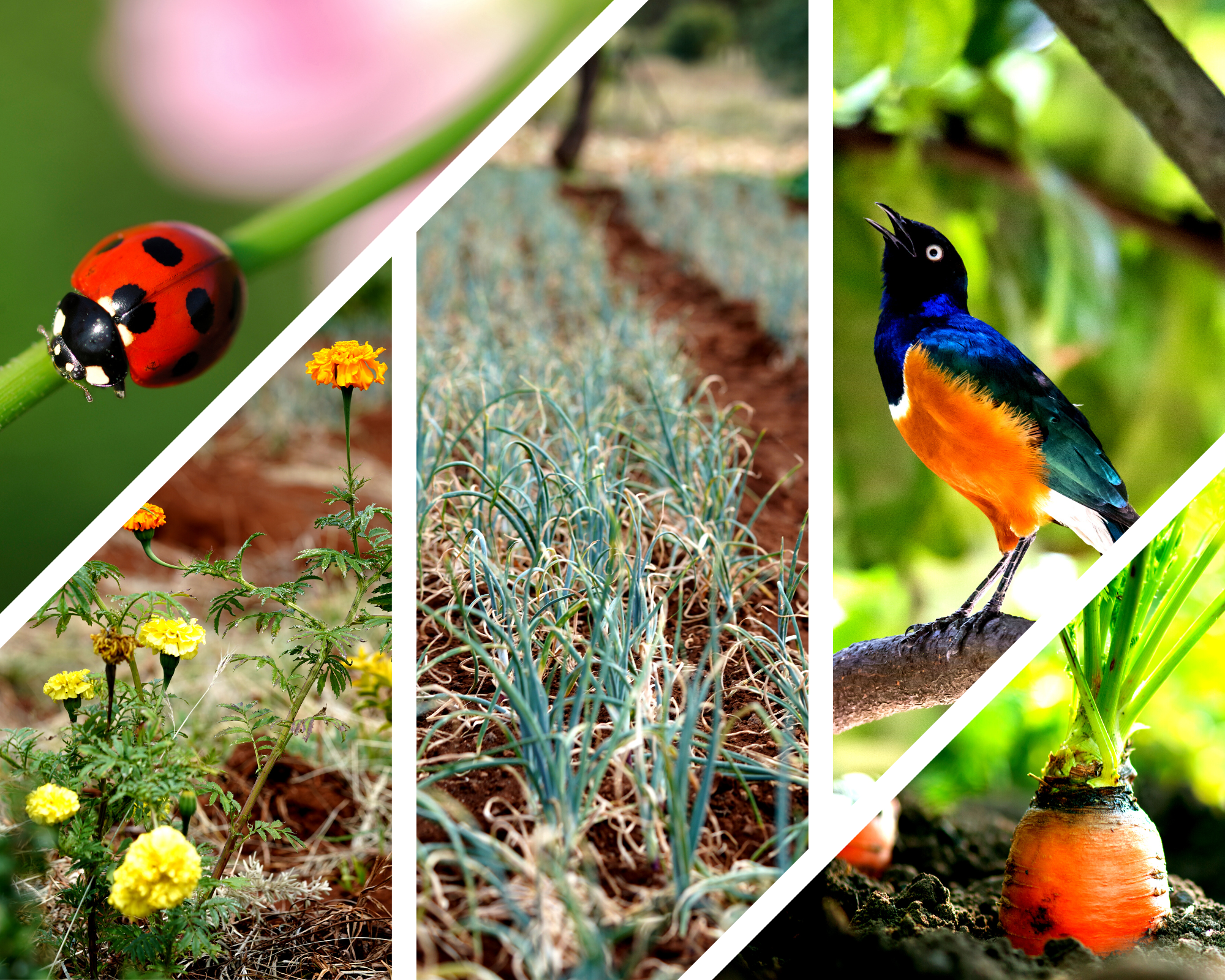
Nature knows best! Nature holds the key to both creating pests and controlling them. By working with, not against, natural processes, we can cultivate healthy farms and environments for all.
Natural Pest Management
Ambokili Farm champions Natural Pest Management (NPM) as a key component in organic permaculture. NPM involves using organic, non-toxic methods to control pests, maintaining a balance between harmful pests and beneficial organisms. The farm implements various NPM strategies, including companion planting, farm-made sprays using natural ingredients, biological control through natural predators like the Superb Starling, cultural practices such as crop rotation, and creating habitats to attract beneficial insects. Embracing NPM:
- Safegaurds human health
- Protects the environment
- Creates a thriving ecosystem
Why does NPS matter to Ambokili Farm?
Cover Cropping
At Ambokili, we’re passionate about nurturing the land, not just crops. Our goal is to have a verdant tapestry woven across the Farm, not just during harvest, but throughout the year. Thus, we practice cover cropping. But what exactly is cover cropping, and why did Ambokili Farm consider as one of its agricultural endeavours?
- To prevent soil erosion
- To increase soil fertility
- To conserve moisture
- To preserve nutrients
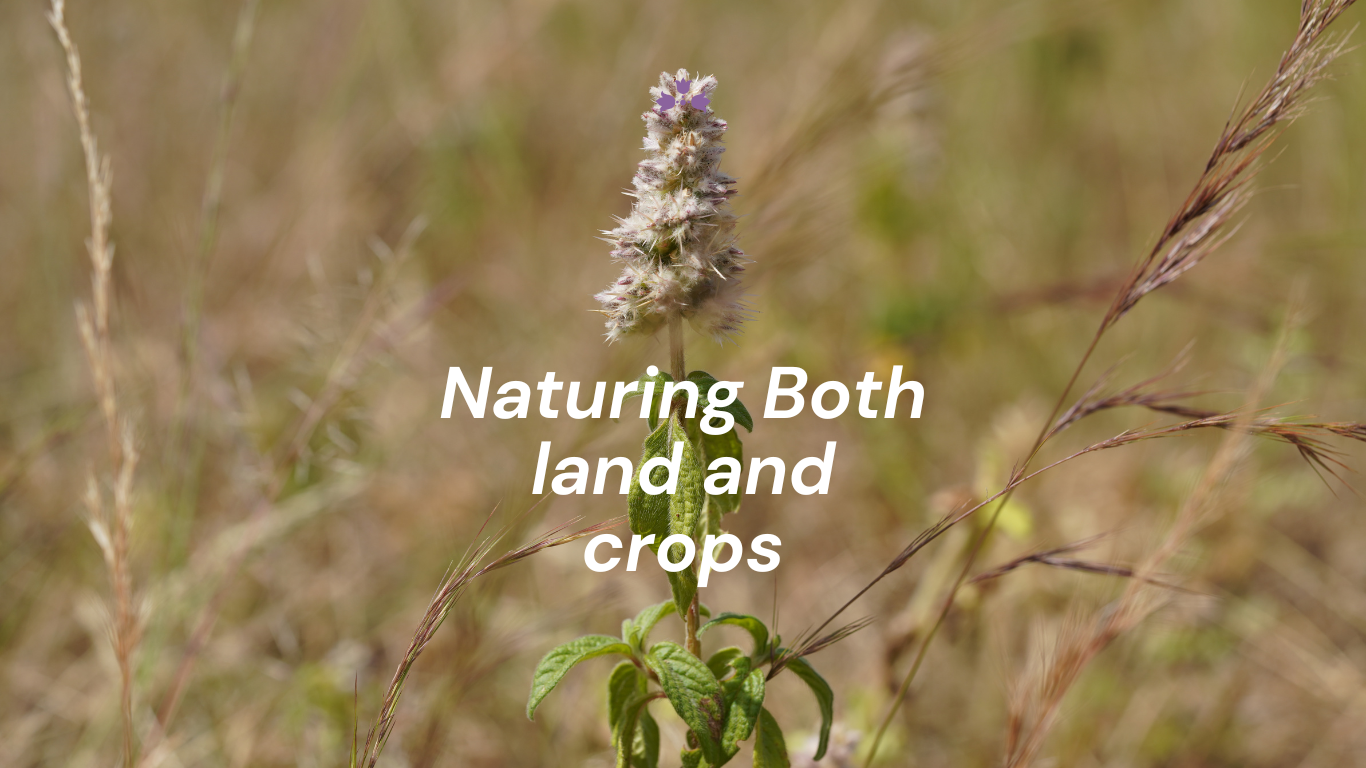

Nature knows best! Nature holds the key to both creating pests and controlling them. By working with, not against, natural processes, we can cultivate healthy farms and environments for all.
Crop Rotation
Have you ever noticed your tomato plants struggling after years in the same spot? Or maybe your carrots seem stunted despite regular watering? Have you ever wondered why farmers don’t just plant the same crop year after year? The answer lies in a powerful practice called crop rotation.
- Why crop roation?
- How does it contribute to organic permaculture?
- What are the benefits?
Delve into the “whys” and “hows” of crop rotation and how it contributes to a healthy farm at Ambokili Farm and a healthy planet.
Building Soil Health
In permaculture, healthy soil supports diverse plant and animal life, conserves water, and helps create resilient ecosystems capable of self-regeneration.
At Ambokili Farm, we’re committed to growing healthy food for you, while nurturing a healthy planet. A key element in achieving both is building strong, vibrant soil. But what exactly does that mean?
- What us building healthy soil?
- How do we build healthy soil?
- Does building healthy soil matter?
- What us the relation between fertilisers and healthy soil?
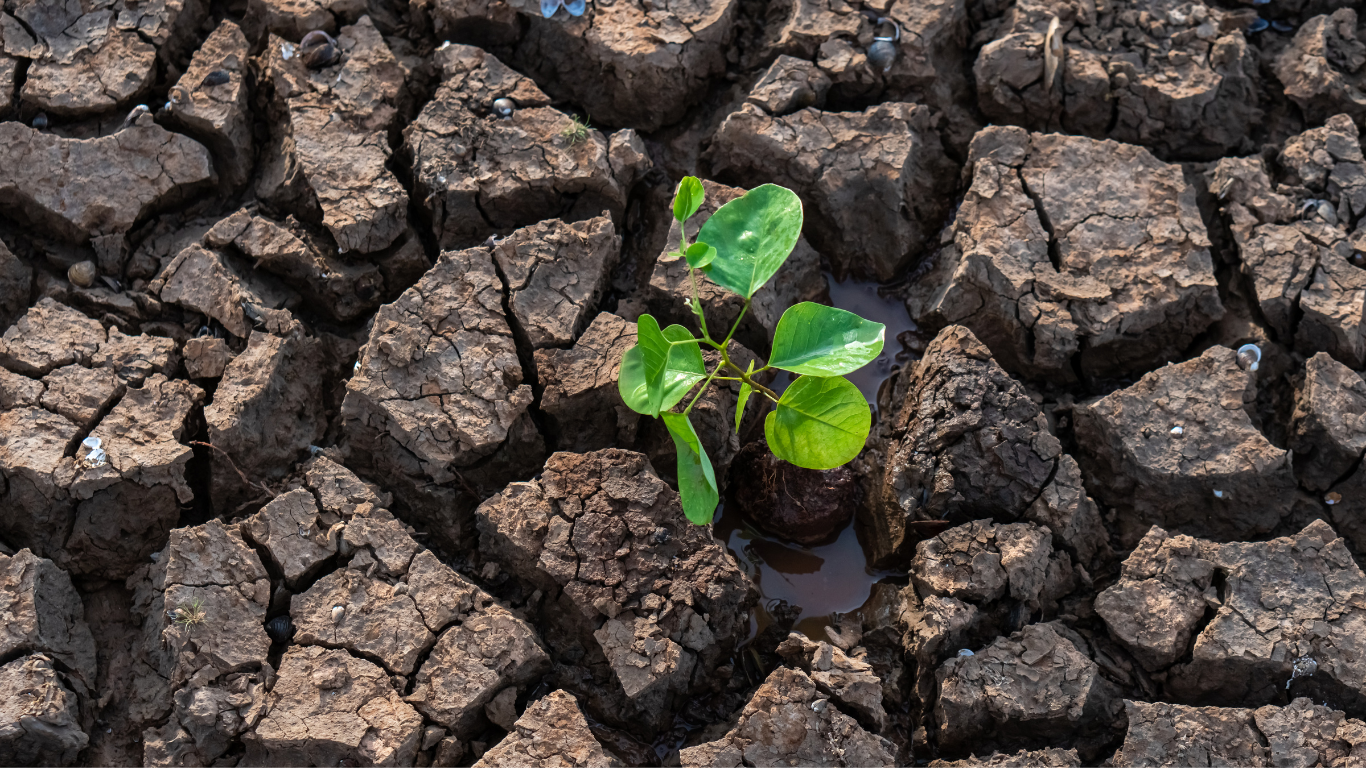
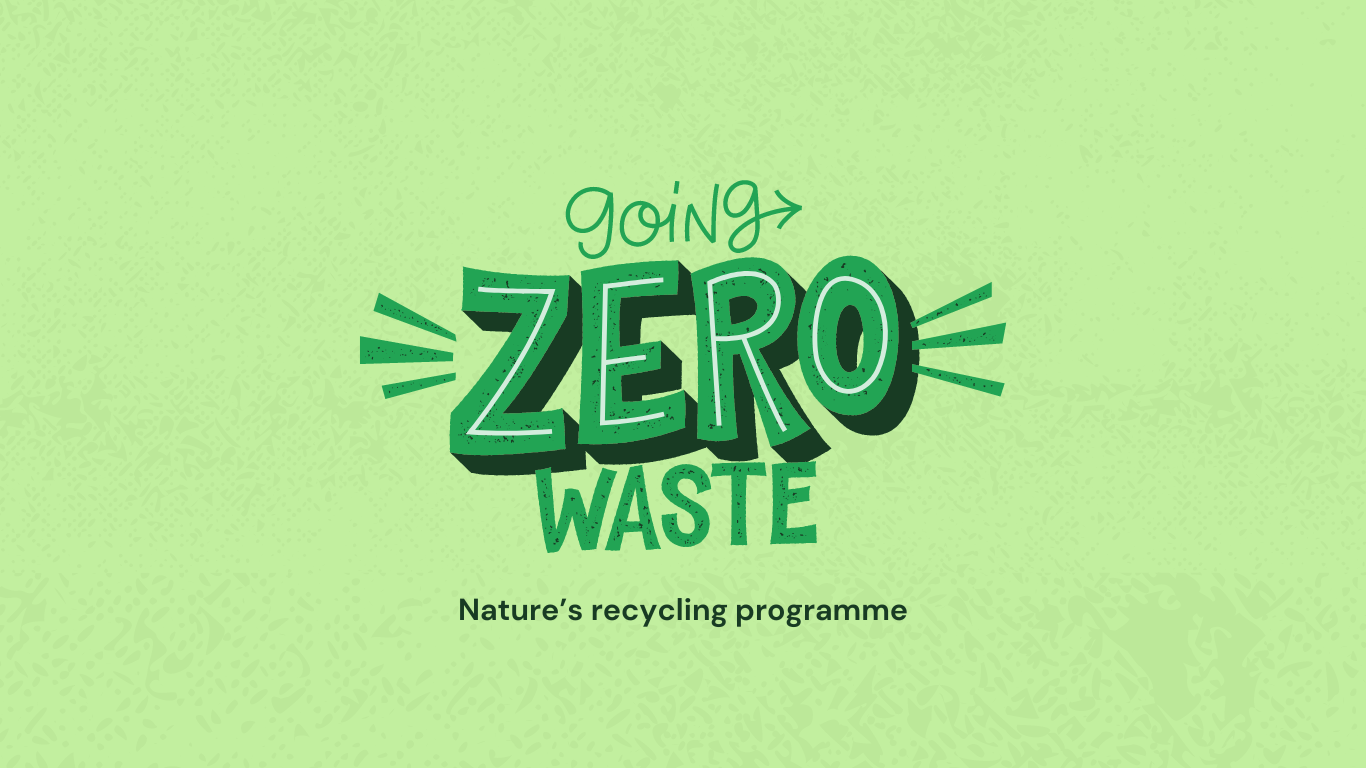
Nature's beautiful alchemy. Where yesturday's waster is tomorrow's bounty.
Composting Systems
aligns perfectly with the principles of creating closed-loop systems and working with nature. Our farm waste has become a valuable resource. It’s now used to nurture healthy soil and promote plant growth. This reduces reliance on external inputs and fosters a sustainable ecosystem. Learn about:
- Compost tea
- The different compost systems at Ambokili Farm
- Tips from Ambokili Farm about composting
Water Harvesting and Management
Water is the lifeblood of any farm, but in semi-arid regions, every drop counts. Every drop counts when it comes to nurturing healthy crops and maintaining a thriving permaculture system. However, Ambokili Farm has found innovative ways to address this issue through water harvesting and management techniques such as digging a well, building a 450,000-litre reservoir to store collected water and practising water and moisture conservation techniques like mulching.
- Explore our innovative solutions
- Find out how it contributes to organc permaculture
- Learn about the benefits of harvesting and water management
- Find out about our future project in water harvesting

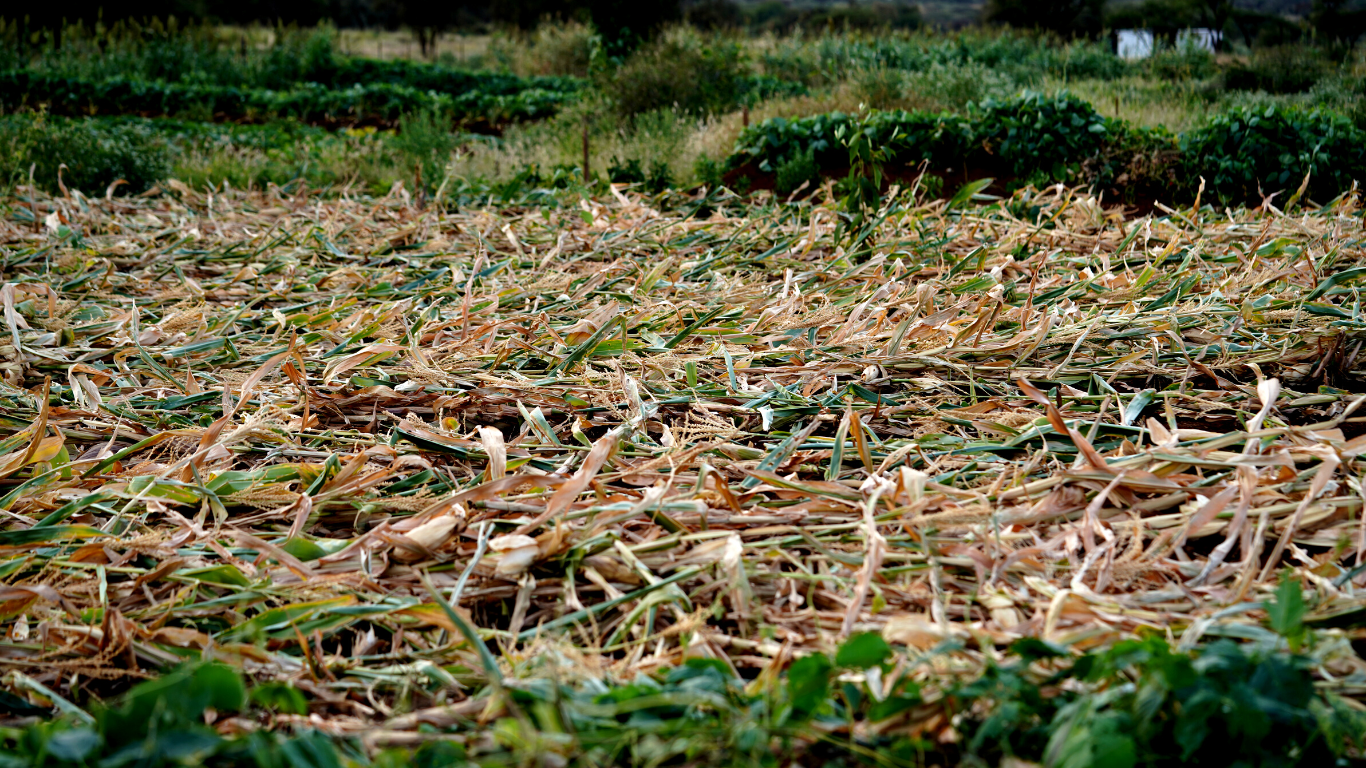
... less weeding, less watering, and more happy plants! A loyal friend, suppressing weeds, conserving water, and feeding the soil all at once.
Mulching
At Ambokili Farm, we practice both live mulching and dead mulching. Live mulch which involves use of life plants like pumpkin or the Mukuna bean which is the main live mulch we use. It has a variety of benefits from fixing nitrogen into the soil to conservation of moisture and improvement of soil structure. Outside the farm and on the plate, researchers show that consumption of the Mukuna bean is beneficial to the brain and had a close comparison to Omega 3.
Learn about our experience and the different types of mulching we practice
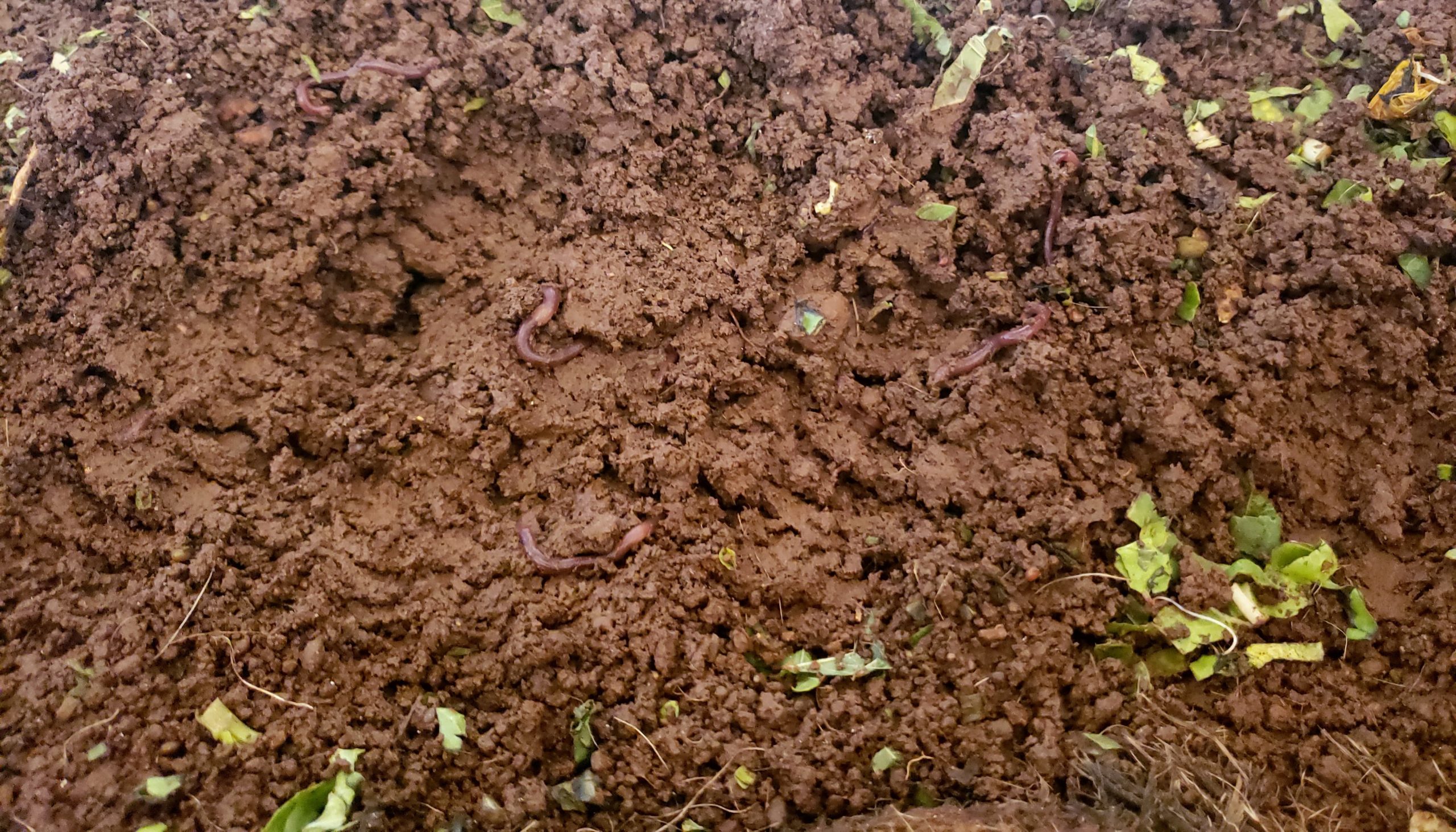
“Essentially, all life depends upon the soil ... There can be no life without soil and no soil without life...”
--- Charles E. Kellogg
Soil Health Conservation through
No Tillage
Our decision to forgo traditional tillage practices stems from a deep-seated understanding of soil dynamics. Tilling disrupts the soil’s natural composition, leading to erosion, compaction, and loss of valuable nutrients. Moreover, it disturbs the intricate web of soil microorganisms essential for nutrient cycling and plant health. No-tillage, on the other hand, lays the groundwork for sustainable agricultural practices since it,
- Maintains soil structure
- Promotes water filtration
- Mitigates erosion
Our experience with no tillage?
